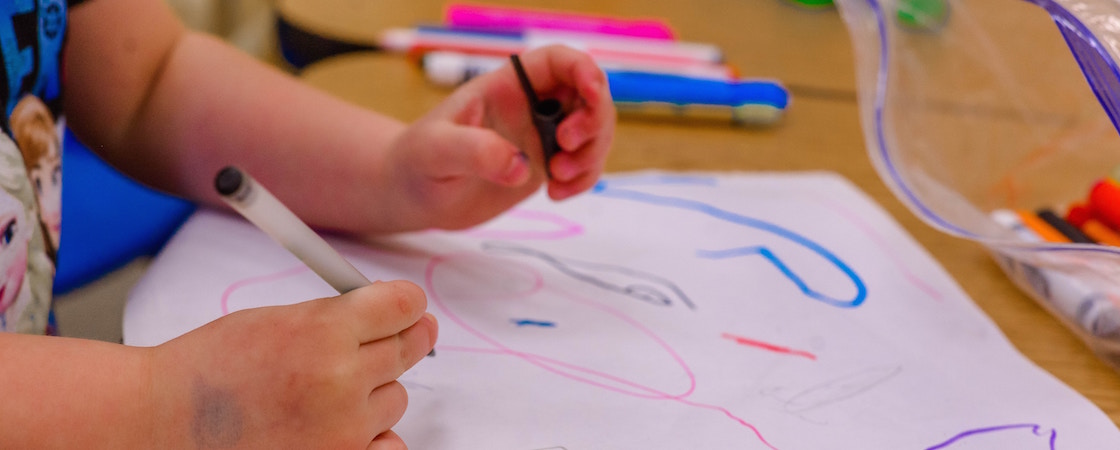A report released in March 2018 by the Aspen Institute stresses the importance of integrating the social, emotional, and academic components of every classroom to enhance learning for all students.
“The Practice Base for How We Learn”, produced by the Institute’s Council of Distinguished Educators, urges modeling by adults as well as explicit instruction in social and emotional competencies are essential to the equitable development of all children.
“Learning and teaching are themselves social and emotional,” said Shelley Berman, the superintendent of the Andover, Mass. Public Schools, a member of the Council, and the lead author of the consensus document in an Institute press release.
“The social and emotional environments of the classroom and school have a profound impact on students’ ability and willingness to learn. The practices highlighted in this report provide pathways to enhancing learning for all students.”
Here’s a high-level summary of the recommendations:
Social, emotional, and academic development is for all students
- The integration of social, emotional, and academic development shifts the emphasis to learning environments.
- The integration of social, emotional, and academic development promotes equity.
Social, emotional, and academic learning for students starts with adults
- Professional and collegial support for integrating the three dimensions of learning enhances educators’ effectiveness in the classroom.
- Adults model social and emotional skills in their interactions with students and other adults.
- Social, emotional, and academic development flourishes when everyone in the school is involved.
Strong leadership is central
- A clear vision, mission, and strategic plan provide the foundation for integrating social, emotional, and academic development throughout preK-12 education.
- Leadership positions dedicated to the integration of social, emotional, and academic development strengthen and speed its implementation.
- Monitoring progress promotes continuous improvement in the integration of social, emotional, and academic development.
Explicit and embedded instruction and a caring classroom and school climate develops social, emotional and academic competencies
- Explicit instruction in social and emotional competencies provides students with a foundation for further development.
- Academic instruction is most effective when teachers deliberately embed the social and emotional dimensions of learning.
- Creating inclusive and caring classroom and school culture deepens and enriches students’ social and emotional competencies.
Home-school-community partnerships matter
- Parents, families, and caregivers are partners in extending social, emotional, and academic development.
- Community service and service learning enable young people to exhibit and strengthen their social, emotional, and academic competencies.
- Community partnerships provide support for social, emotional, and academic development during the school day and beyond the schoolhouse doors.
Read More: Are Educators Promoting Growth Mindset the Wrong Way?


